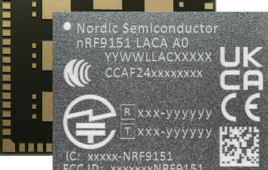
Amid discussions Tuesday of ways social media can be used to ensure a sustainable future for the planet, one Rio+Social conversation emphasized how technology is accelerating and improving humanitarian relief.
Antonia Guterres, U.N. high commissioner for refugees, Hans Vestberg, CEO of Ericsson, and Ertharin Cousin, executive director of the World Food Programme discussed how their respective organizations use technology to address the world’s challenges, in a panel moderated by Robb Skinner, associate director of the U.N. Foundation.
“We need to use technology to deliver because we are overwhelmed by the humanitarian problems in the world,” Guterres said. “If you have solar lamps you can allow young people to study at night in refugee camps. If you have solar lamps in the streets, you can have less women being raped at night in refugee camps.”
For Cousin, whose response to humanitarian crises comes from the lens of food security, technology can have a different affect on sustainable development.
“Technology will ensure we can create a more sustainable world that’s less damaging to our environments and will move us all forward together,” she said. “Technology gives us the ability to create more resistant seeds, which will lead to more nutrient-rich diets.”
Ericsson views technology’s role in humanitarian issues to be about access to information. The company has found that in the next five years 85% of the world will have broadband Internet connection on mobile.
“We believe so firmly that telecommunications and connectivity can have a huge impact,” Vestberg said. “Broadband is what’s going to bring everything all together.”




